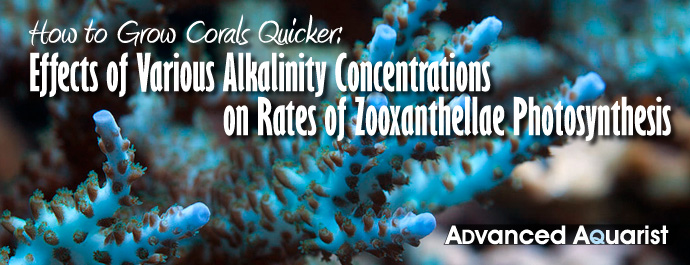For those who use Tropic Marin Pro Reef, we know that its baseline alkalinity tends to be somewhere between 7.0-7.3. I’m making the assumption that not everyone using this salt wants to have their alkalinity at that level, despite being closer to natural seawater. There is proven growth to be gained by running a higher alkalinity.
How do you guys manage your alkalinity? Do you dose your new saltwater before performing a water change? Do you just roll with the lower levels? Did you switch salts altogether to one with high alkalinity?
Personally, as my system is SPS-dominant, I’m starting to wonder if I should just err towards stability and live with the lower levels, just dosing my DT for consumption, but not shooting for elevated levels overall. My fear is that I’m doing more harm than good by messing with the alkalinity so much. That, or potentially switching to TM Classic or HW-Marine to get a higher alk out of the box, so to speak.
All thoughts and comments welcomed!
How do you guys manage your alkalinity? Do you dose your new saltwater before performing a water change? Do you just roll with the lower levels? Did you switch salts altogether to one with high alkalinity?
Personally, as my system is SPS-dominant, I’m starting to wonder if I should just err towards stability and live with the lower levels, just dosing my DT for consumption, but not shooting for elevated levels overall. My fear is that I’m doing more harm than good by messing with the alkalinity so much. That, or potentially switching to TM Classic or HW-Marine to get a higher alk out of the box, so to speak.
All thoughts and comments welcomed!




















